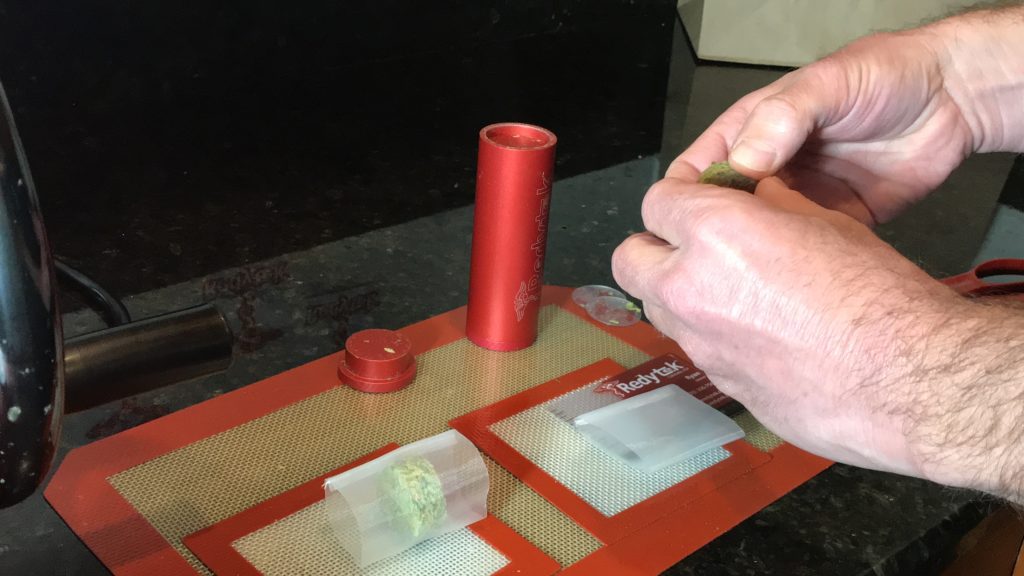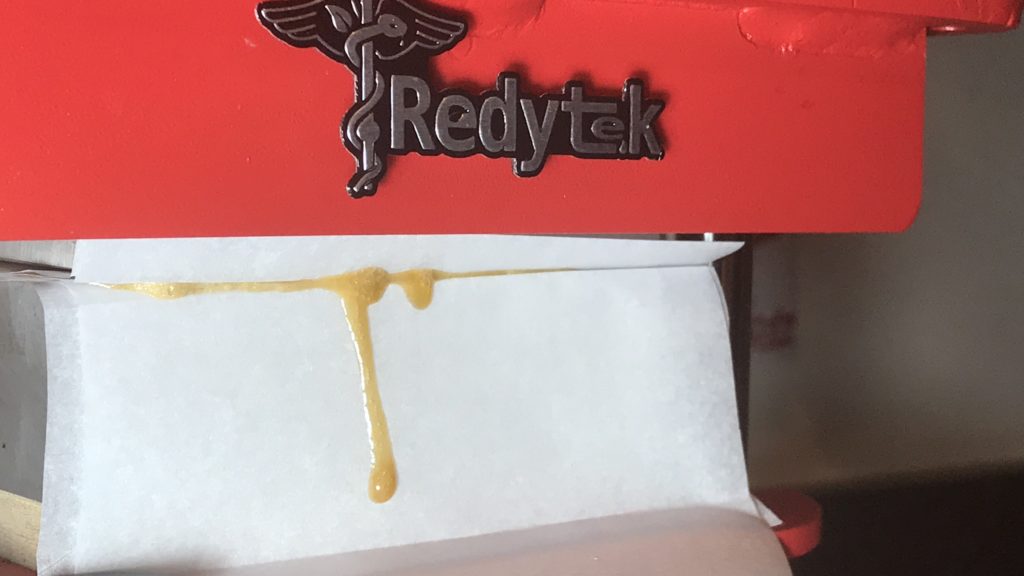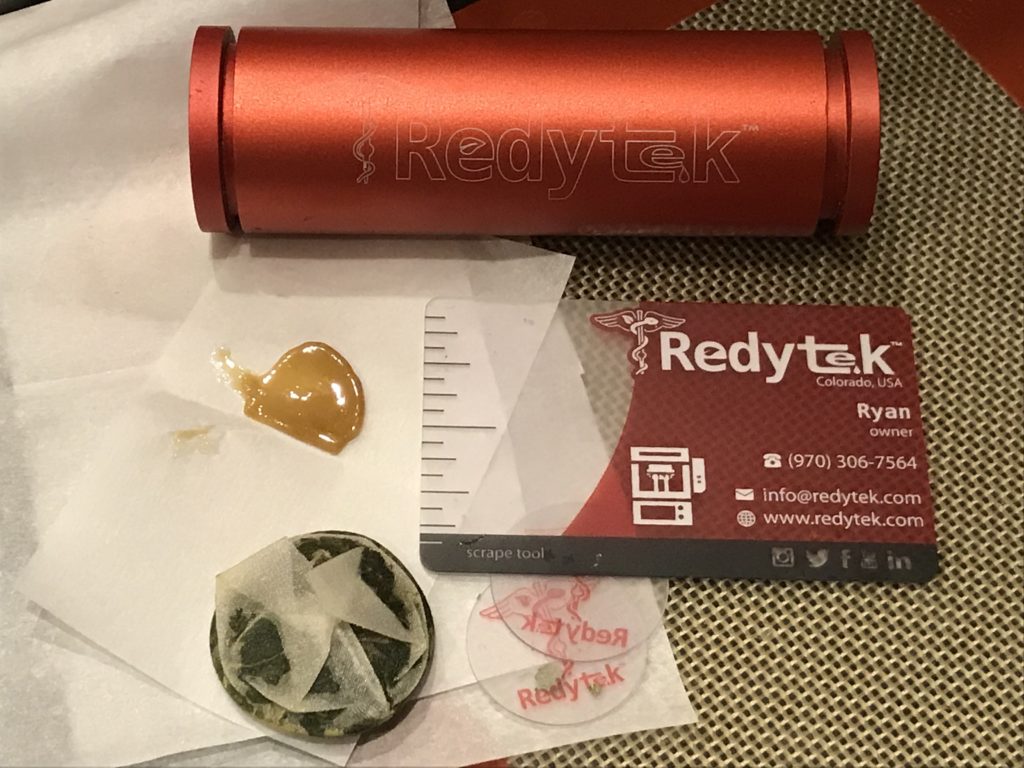Press Wilkes-Barre Dispensary Material into Solventless Flower Rosin
Wilkes-Barre Medical dabbers make solventless rosin concentrates at home!
Did you know the use of Medical cannabis is now legal in Wilkes-Barre Pennsylvania?
Dispensaries are open in Wilkes-Barre for business, how do you choose the dankest dispensary material for extracting into flower rosin? We have a few tips for you if you do decide purchasing material from a Wilkes-Barre dispensary to make into solventless concentrate is the route for you.
Sometimes it’s not possible to grow your own, or maybe you don’t yet have a time to grow. That’s ok, dispensary material will work, if you take proper preparation and own a rosin heat press. Heat and pressure are all it takes to extract the flavorful trichomes from the plant material.


Firstly, make sure you are going to a reliable dispensary in Wilkes-Barre. You want to make sure you are speaking with a knowledgeable bud tender. This is when online reviews are your friend. 4 star and higher rankings should suffice.
However don’t hesitate to shop around the shops in Wilkes-Barre. Different strains impact a lot of people in various ways. Find strains with cannabinoids, terpenoids, and flavonoids that work best for you. Then stick with them. There’s no shame in smoking the exact same strains every day.
Talk to your Wilkes-Barre bud tender. Make certain they have strains you like. Ask if they will continue to sell them down the road. There is fantastic peace of mind in knowing how your medication will treat you. The very same effect each time.
Ask you bud tender when their Wilkes-Barre crops harvest was. Older plant material that has actually been sitting around longer, will likely produce a darker rosin. It works, but not as flavorful as you may expect with fresher material.
Inspect the moisture content of your Wilkes-Barre dispensary product. Is it dank, loaded with crystals and sticky when squished? Has it been handled much? Was it properly Saved in containers and burped regularly? Proper cure is important for high quality flower rosin.
Plastic bags will take resinous glands from your flower by sticking to the bag. Product without frosty white crytals, will not produce as much of a return.

Product needs to be re-hydrated prior to squishing. Moisture can be added to product lots of ways. Include moisture to a sealed container with the material sealed inside. Within 12-36hrs product will be dank enough for effective rosin returns. Bring your flower up to 62% relative humidity. Do this the day before pressing. Do not store material long term at high humidities.
What is the fragrance of the product you will be utilizing? Solventless extraction maintains delicious terpenes. The scent of the plant comes from these terpenes. These terps are then transferred through with the oil concentrate. The greater the fragrance, the greater the taste of the concentrate.
Use a 40x microscopic lense to check the flower’s resinous glands. Are the trich’s swollen and cloudy? Have some turned amber? Does the flower appear to have a great deal of white crystals on it? You know the saying ‘fire in, fire out’, well it’s not a saying. It’s the truth!! It take high quality starting product to make fire rosin.
Something to think about when selecting product for {echo(city)} rosin. Do you desire Indica, Sativa or a Hybrid? Remember when you turn your flower into rosin, it ends up being concentrated. Concentrates are much stronger than the flower it originated from, 60-90% or higher! The rosin will retain the very same properties as the flower, bu stronger. Much stronger.
Choose sativa if you want to stay awake, focused, creative and talkative.
Pick indica if you have actually had a long day and want to unwind, ease discomfort, sleep.
Or picked a wonderful hybrid.
Hybrids are a mix of both Indica and Sativa. Learn if the strains is Indica dominant or Sativa dominant or 50/50. Hybrids can affect each private in a different way. Try out your strain in plant form prior to squishing it into rosin. Be familiar with the strain. Get an idea of what to expect. Prior to turning it into a cleaner, more powerful, oil.
Scroll Wilkes-Barre Dispensary Map
Find Material in Wilkes-Barre to Extract into Rosin!
Wilkes-Barre ( WILKS-bair or -bair-ee) is a city in the U.S. state of Pennsylvania and the county seat of Luzerne County. Located at the center of the Wyoming Valley, it had a population of 44,328 in the 2020 census. It is the second-largest city (after Scranton) of the Scranton–Wilkes-Barre–Hazleton, PA Metropolitan Statistical Area, which had a population of 563,631 as of the 2010 Census and is the fourth-largest metropolitan area in Pennsylvania after the Delaware Valley, Greater Pittsburgh, and the Lehigh Valley.
Wilkes-Barre and the surrounding Wyoming Valley are framed by the Pocono Mountains to the east, the Endless Mountains to the north and west, and the Lehigh Valley to the south. The Susquehanna River flows through the center of the valley and defines the northwestern border of the city.
Wilkes-Barre was founded in 1769 and formally incorporated in 1869. The city grew rapidly in the 19th century after the discovery of nearby coal reserves and the arrival of hundreds of thousands of immigrants who provided a labor force for the local mines. The coal mining fueled industrialization in the city, which reached the height of its prosperity in the first half of the 20th century. Its population peaked at more than 86,000 in 1930. Following World War II, the city’s economy declined due to the collapse of industry. The Knox Mine disaster accelerated this trend after large portions of the area’s coal mines were flooded and could not be reopened. Today, the city has around half of its peak population of the 1930s, making it the largest city in Luzerne County and the 13th-largest city in Pennsylvania.
